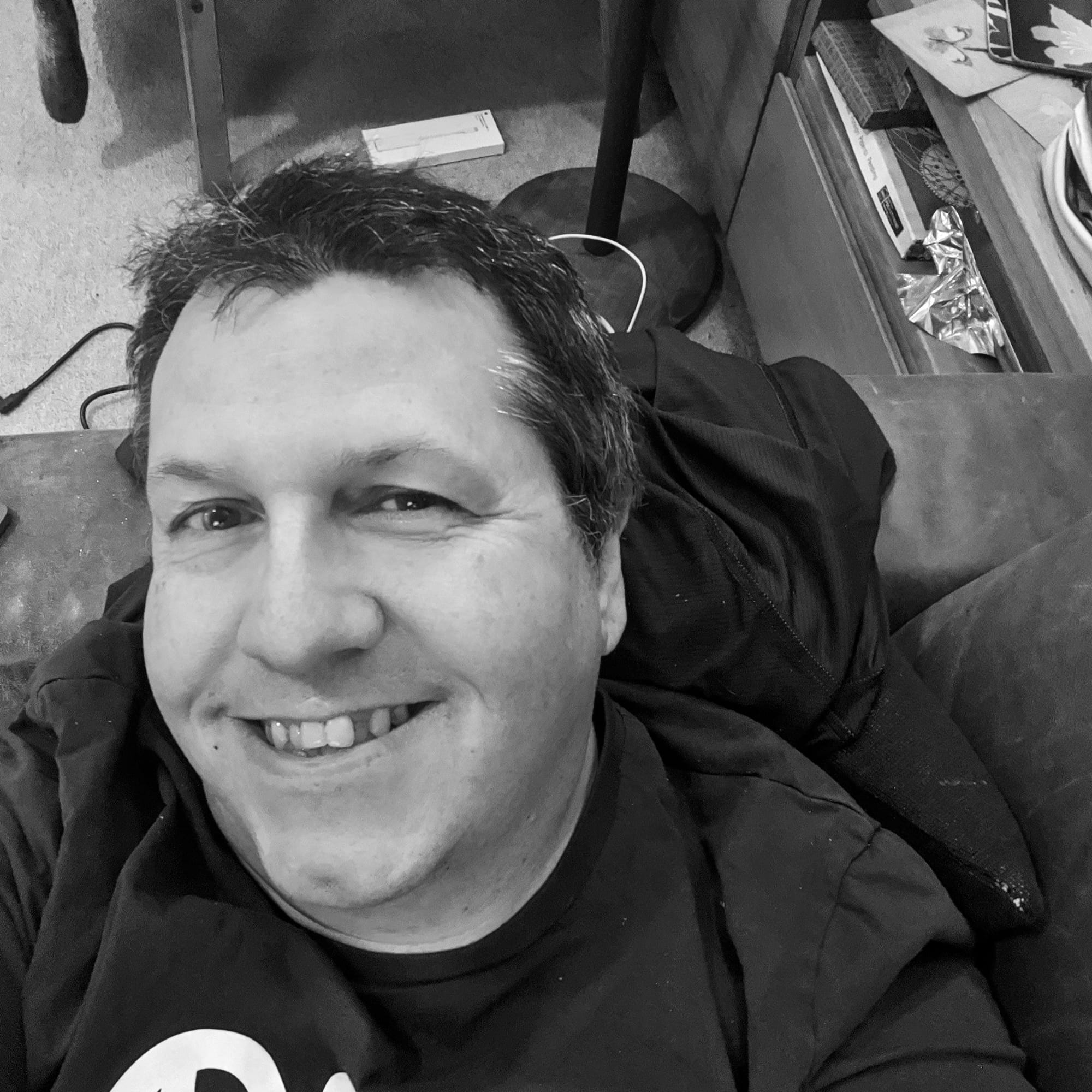1. Required reading of the week
Let’s start with something a little doom-laden: how societies collapse. How “civilisations” meet their ultimate end isn’t just an academic exercise, for two reasons. First, with climate change starting to bite, it’s easy to see how we could be near some kind of existential crisis.
But there is a second reason. Hang around in the right-wing echo chambers (caution: wear biohazard suits) and you will hear constant comparisons to every man-child’s favourite subject, the collapse of Rome. Rome, they insist, got soft: it lost those traditional Roman virtues of manliness, family and hard work and replaced them with Greek/Egyptian/delete-as-appropriate effeteness. Now it’s time to reimpose some discipline, get rid of people with piercings and rainbow hair, and all will be well.
Thankfully we have better ideas of how societies collapse, such as those contained in Luke Kemp’s new book Goliath’s Curse. Kemp argues that increasing wealth inequality consistently precedes societal collapse. Elites extract more and more wealth from people, and society becomes more fragile because of it. Conflict, corruption, poverty, lower health and environmental degradation follow, and eventually some kind of shock – war, disease, disaster – cracks the whole thing apart.
Just as Egyptian priests and god-pharoahs claimed to be able to perform miracles when the country was on the cusp of collapse, so do today’s tech bros try to tell us that we’re on the cusp of AI which will solve all our problems and make everyone rich.
And that is why I’ve started off with this story: because I want you to consider everything I’m about to write within that context.
2. We need a new name for this level of corruption
You will be shocked, shocked I tell you, when you find out whose business appears to be immune from the excesses of DOGE. That’s right – Palantir, owned by the execrable Peter Thiel, has seen its welfare payments… sorry, “contracts” boosted by $113m since the start of the year.
And I guarantee that if Trump ever “looks at” birthright citizenship, the German-born South African-raised American Thiel will get some kind of special license to stay a citizen. Funny how these things work, eh?
3. And speaking of Thiel
I spent a lot of the 90s on Usenet arguing with libertarians. As a philosophy PhD student, it was obvious that Ayn Rand, the immigrant welfare recipient so beloved of nativist believes in a small state, was just Not Philosophy.
Rand is politics for people who want simple answers and want to be told they, as individuals, are the most important thing in the world. In other words, it’s philosophy for teenage boys.
It’s no surprise then that Peter Thiel is a fan – so much so that one of his many little rat holes for billionaire ill-gotten gains is planning to produce a film not only of The Fountainhead, but also the utterly woeful Atlas Shrugged.Hopefully it will do about as well as that other fanatic-funded atrocity Battlefield Earth.
4. And it’s not just movies
Up until maybe 2020, tech was exciting. I don’t mean that technology itself was exciting, or at least not any more exciting than it has always been. I mean that the world of tech was seen as a place that was making the future a better place.
Electric cars! Rockets! Portable communicators like in Star Trek! And – importantly in our neoliberal, only-capitalism-works world, people were getting insanely rich from it. Not just rich: richer than almost anyone has ever been in the history of mankind, and all from bits, not atoms.
People like our good friend Thiel, Marc Andreessen, and Elon Musk were seen almost like supermen, saving the world and making our lives better in measurable ways.
And then something happened: in the hyper-mediated world of the COVID lockdown, it became obvious they were a bunch of stupid, venal, douchebags. But they were also radicalised, and Sam Freedman has written a great article on how people like them are particularly susceptible to radicalisation. But the biggest thing is probably that, after years of being lionised, they suddenly faced criticism. And they couldn’t take it.
Hence retrenching into their own information bubble, one which is driven by conversation (podcasts are a particular favourite) rather than being questioned by anyone who disagrees with them or simply wants to examine what they know critically. They can dish it out – but they can’t take it.
5. Oh Apple, part 443
Good news! Apple is finally allowing iPads to get repaired, by supplying parts to third parties. Bad news! The parts are insanely expensive:
Clark points out that a new charge port for an iPad Pro 11, a part that goes bad all the time, costs $250 from Apple. Aftermarket charge ports, meanwhile, can be found for less than $20. “It’s a very basic part, and I just can’t see any reasonable explanation that part should be $250 from Apple,” he said. “That’s a component that probably costs them a few dollars to make.”
6. 996, emergency
I have to confess I had not heard about the phenomenon of “996 working” till I read Patrick McGee’s Apple in China (strong recommend, if you haven’t read it already). It’s essentially working 9am till 9pm, six days a week, and it’s become a symbol of labour abuse in China.
Of course, the techbros love it. Just as they look at the dystopian world of Neuromancer and see an aspiration rather than a warning, so they look at 996 and see it as a model for work, rather than something that violates even Chinese labour laws and has sparked protests.
But it’s OK, we can replace all those burned-out workers with child labour, right?
7. Systemic problems required systemic solutions (Or: Why you can’t shop your way out of capitalism)
A timely reminder from Cory Doctorow that many of the challenges we face today in terms of enshittification just can’t be solved switching your tech allegiances:
My book on Enshittification is coming out in a couple of months, and the early reviews are already coming in, and they are gratifyingly glowing. But there's a trend in these reviews, a caveat that reviewer after reviewer has raised: my book is "short on individual solutions." You're goddamned right it is. Because this isn't an individual problem, it's a systemic one. Sure, live the best life you can, making the best choices you can. But don't kid yourself that this is fighting enshittification.
You can’t solve the problem of social media platforms which lock you in just by moving as an individual to Mastodon. You can’t solve the problem of Google by switching to Kagi. These things may all make your life as an individual better, but they won’t solve the systemic problem.
8. The trafficapocalypse is here
The big tech platforms long ago realised that media companies are, by and large, suckers. Build a presence on Facebook and get loads of traffic! Pivot to video and make millions! And, the longest-running scam of all, Google loves you and will always send you traffic!
Not, it seems, anymore. Now, finally, it seems that publishers are getting the message and building their own audience. It’s about time.
9. $12 billion, no product, no revenue
10. Meanwhile, deep below the waves
Life persists. Perhaps one day the descendants of these little creatures will inherit the land from us.

